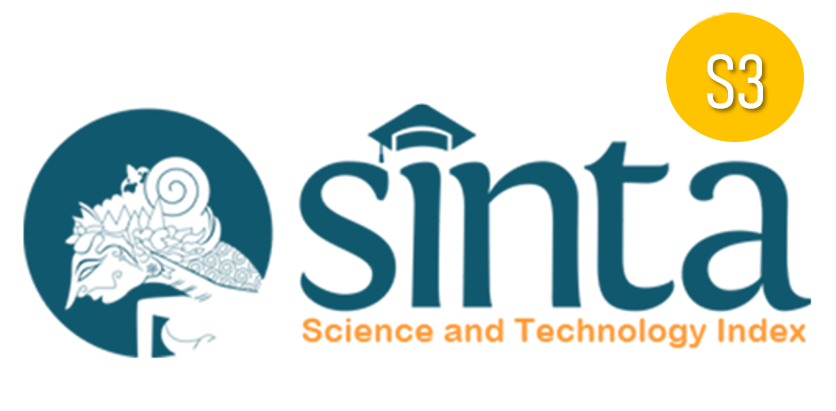Exploring Happiness: Integrating Philosophical Theories and Psychological Models Among University Students
Abstract
This study explores the concept of happiness by integrating philosophical theories and psychological models among university students in the Western Province of Sri Lanka. Using a mixed-methods approach, it combines quantitative data from 301 students selected via stratified sampling and qualitative insights gathered through purposive interviews. Philosophical frameworks such as hedonism and eudaimonia are examined alongside psychological constructs like the PERMA model and subjective well-being. Instruments used include the Satisfaction with Life Scale (SWLS) and the Positive and Negative Affect Schedule (PANAS). A concurrent triangulation design enables comprehensive data integration. Results show that while many students equate happiness with pleasure and pain avoidance, others emphasize moral values and self-effort. Gender differences emerged: females valued social connections, while males focused on financial and academic success. The study concludes that combining philosophical and psychological perspectives offers a holistic understanding of happiness and suggests ethical living and personal growth are key to student well-being.
Keywords
Full Text:
PDFReferences
Bühler, J. L., Weidmann, R., Nikitin, J., and Grob, A. (2019). A closer look at life goals across adulthood: Applying a developmental perspective to content, dynamics, and outcomes of goal importance and goal attainability. European Journal of Personality, 33(3), 359-384.
Chaaban, J., Irani, A., and Khoury, A. (2016). The composite global well-being index (CGWBI): A new multi-dimensional measure of human development. Social Indicators Research, 129, 465-487.
Christopher, J. C. (1999). Situating psychological well‐being: Exploring the cultural roots of its theory and research. Journal of Counseling and Development, 77(2), 141-152.
Das, K. V., Jones-Harrell, C., Fan, Y., Ramaswami, A., Orlove, B., and Botchwey, N. (2020). Understanding subjective well-being: perspectives from psychology and public health. Public Health Reviews, 41, 1-32.
Diener, E. (2000). Subjective well-being: The science of happiness and a proposal for a national index. American psychologist, 55(1), 34-43.
Diener, E., and Lucas, R. E. (2000). Explaining differences in societal levels of happiness: Relative standards, need fulfillment, culture, and evaluation theory. Journal of Happiness Studies, 1, 41-78.
Fowers, B. J. (2012). An Aristotelian framework for the human good. Journal of Theoretical and Philosophical Psychology, 32(1), 10-23.
Jongbloed, J., and Andres, L. (2015). Elucidating the constructs happiness and wellbeing: A mixed methods approach. International Journal of Wellbeing, 5(3), 1-20.
Kjell, O. N. E., Daukantaitė, D., Hefferon, K., and Sikström, S. (2016). The harmony in life scale complements the satisfaction with life scale: Expanding the conceptualization of the cognitive component of subjective well-being. Social Indicators Research, 126, 893-919.
Oishi, S., and Gilbert, E. A. (2016). Current and future directions in culture and happiness research. Current Opinion in Psychology, 8, 54-58.
Ryan, R. M., and Deci, E. L. (2000). Self-determination theory and the facilitation of intrinsic motivation, social development, and well-being. American Psychologist, 55(1), 68-78.
Symons, X., and VanderWeele, T. (2024). Aristotelian flourishing and contemporary philosophical theories of wellbeing. Journal of Happiness Studies, 25(1), 26-44.
Titus, C. S. (2017). Aquinas, Seligman, and positive psychology: A Christian approach to the use of the virtues in psychology. The Journal of Positive Psychology, 12(5), 447-458.
Veenhoven, R. (2017). Measures of happiness: Which to choose?. Metrics of subjective well-being: Limits and improvements, 65-84.
Vela, J. C., Lerma, E., and Ikonomopoulos, J. (2017). Evaluation of the life satisfaction and subjective happiness scales with Mexican American high school and college students. Hispanic Journal of Behavioral Sciences, 39(1), 34-45.
Wagner, L., Gander, F., Proyer, R. T., and Ruch, W. (2020). Character strengths and PERMA: Investigating the relationships of character strengths with a multidimensional framework of well-being. Applied Research in Quality of Life, 15, 307-328.
DOI: https://doi.org/10.17509/ijert.v5i2.83301
Refbacks
- There are currently no refbacks.
Copyright (c) 2025 Universitas Pendidikan Indonesia (UPI)

This work is licensed under a Creative Commons Attribution-ShareAlike 4.0 International License.







.png)




